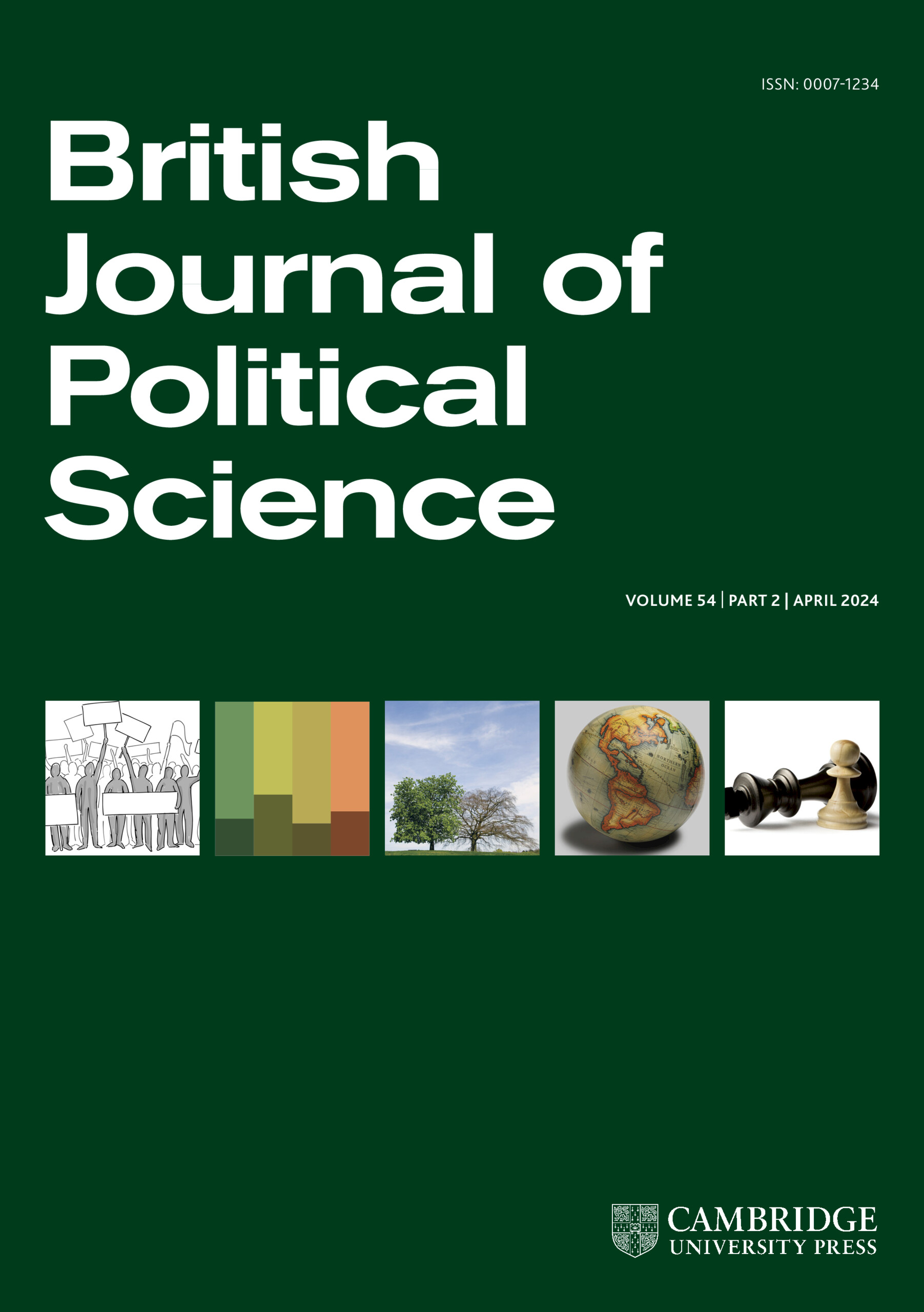选择性关注:联合国安理会与武装冲突
IF 4.7
1区 社会学
Q1 POLITICAL SCIENCE
引用次数: 2
摘要
摘要是什么解释了为什么联合国安理会开会审议一些武装冲突,而不是其他武装冲突?我们围绕冲突外部性、国家利益和利益异质性的作用提出了一个理论论点。我们调查了1989年至2019年期间安理会审议武装冲突的数据,得出了三个关键结论:(1)造成大量军人或平民死亡的冲突更有可能引起安理会的注意;(2) 常任理事国在利益受到威胁时极有可能让安全理事会参与进来;(3)与传统观点相反,成员利益不同的冲突比其他冲突更有可能被列入议程。调查结果对关于安全理事会的关注、对问题的反应以及在世界政治中的作用的辩论具有重要意义。本文章由计算机程序翻译,如有差异,请以英文原文为准。
Selective Attention: The United Nations Security Council and Armed Conflict
Abstract What explains why the United Nations Security Council meets and deliberates on some armed conflicts but not others? We advance a theoretical argument centred on the role of conflict externalities, state interests and interest heterogeneity. We investigate data on the Security Council's deliberation on armed conflicts in the 1989–2019 period and make three key findings: (1) conflicts that generate substantive military or civilian deaths are more likely to attract the Security Council's attention; (2) permanent members are varyingly likely to involve the Security Council when their interests are at stake; and (3) in contrast to the conventional wisdom, conflicts over which members have divergent interests are more likely to enter the agenda than other conflicts. The findings have important implications for debates about the Security Council's attention, responsiveness to problems and role in world politics.
求助全文
通过发布文献求助,成功后即可免费获取论文全文。
去求助
来源期刊

British Journal of Political Science
POLITICAL SCIENCE-
CiteScore
8.70
自引率
4.00%
发文量
64
期刊介绍:
The British Journal of Political Science is a broadly based journal aiming to cover developments across a wide range of countries and specialisms. Contributions are drawn from all fields of political science (including political theory, political behaviour, public policy and international relations), and articles from scholars in related disciplines (sociology, social psychology, economics and philosophy) appear frequently. With a reputation established over nearly 40 years of publication, the British Journal of Political Science is widely recognised as one of the premier journals in its field.
 求助内容:
求助内容: 应助结果提醒方式:
应助结果提醒方式:


